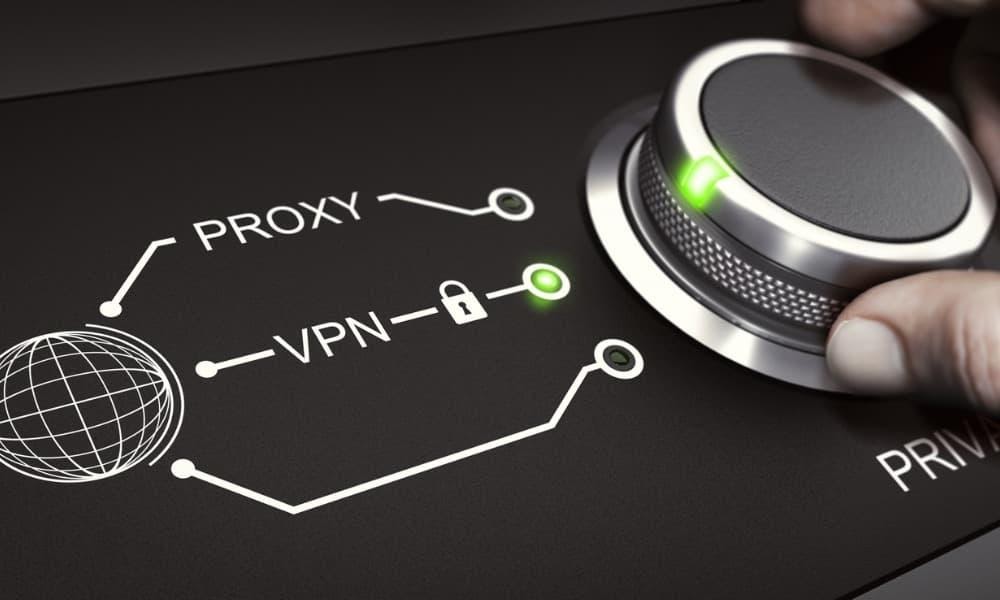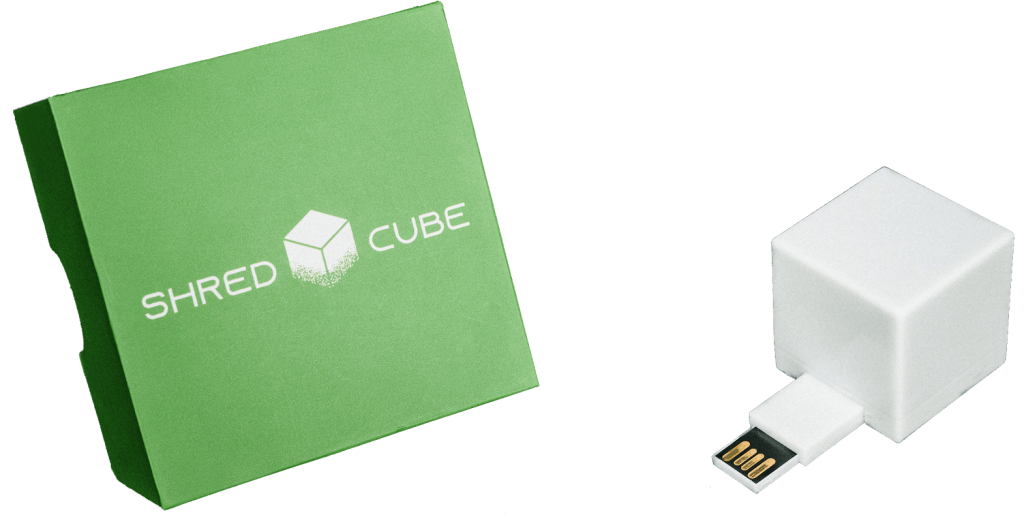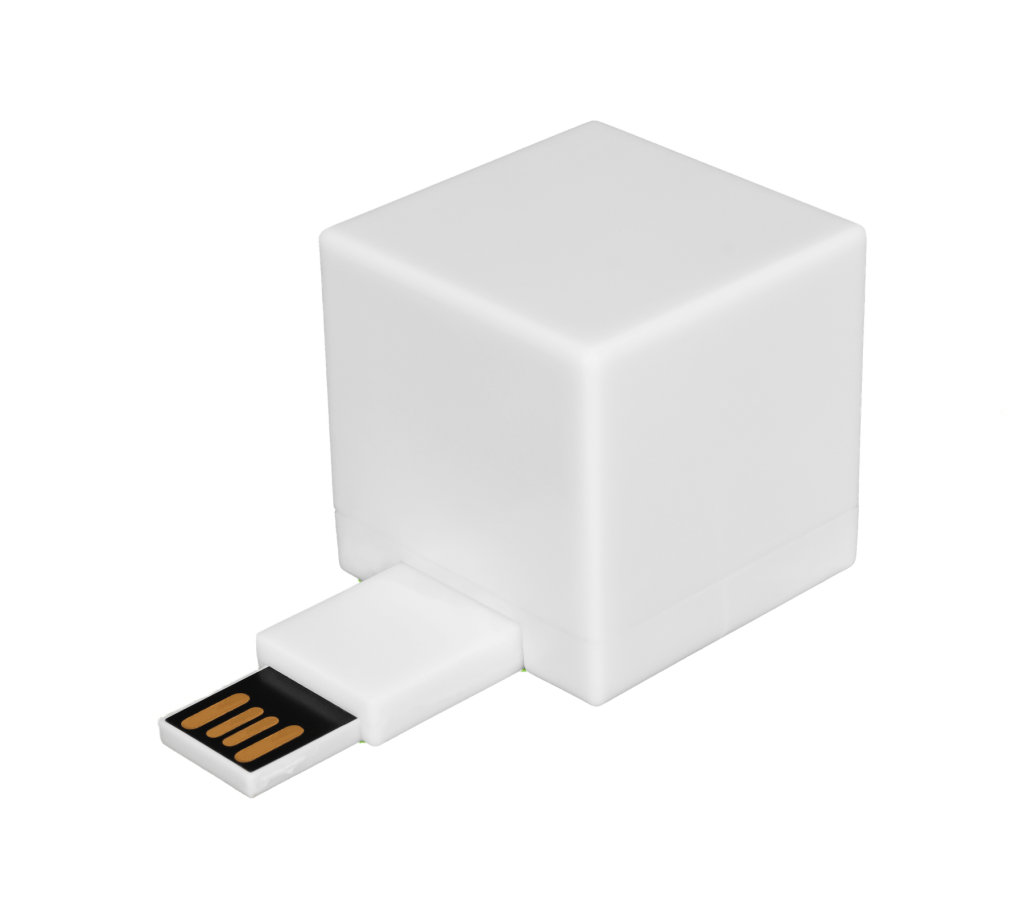Understanding the Differences Between a VPN Vs. Proxy
Consumers and organizations around the globe are becoming more and more careful about what they share online and how. Data privacy is a top concern, since hackers are continuously updating their strategies and getting better at finding workarounds to security tactics.
Marketers are also finding new ways to create more personalized experiences, requiring more data about online behavior. One report found that 69% of consumers are concerned about how their personal information is collected on their devices, and 75% of people think they have reason to be worried about their data being used without their permission.
Many organizations and individuals decide to use a VPN or a proxy, so their activity is not linked back to them. They do it to access content that is blocked because of where their device is located (known as geo-blocking). Both of these options will do the trick, but a VPN takes things a step further and could be the right option if you are more concerned with overall data privacy.
This guide will cover what distinguishes a VPN vs. proxy server, when you would need to use them, and the top five differences between the two.

Overview of What Makes a VPN Vs. Proxy
A VPN is a virtual private network that encrypts any data you send or receive while you’re online and masks your IP address. Any third parties trying to monitor your activity won’t be able to see what you’re doing.
A proxy server is a computer that acts as a gateway between you and another server when you’re online. You would typically connect directly to a website and download the pages, but a proxy gets all of that information first and then passes it over to you.
You first connect to this proxy server, or outside host server, and then conduct your activities so no one can see your identity or IP address. Any third party will only see the proxy’s IP address and not yours. The three types of proxies are HTTP, SOCKS, and transparent.
Both VPNs and proxies hide your IP address and location to protect you from hackers. Your internet activity is kept private with both of these methods, whether you’re sending emails, streaming videos, or downloading or uploading files.
Why You Would Need a VPN Vs. Proxy
VPNs and proxies are similar in that they both allow your computer to connect to another server, and your IP address is hidden. Why would you want to do this? Here are a few reasons why you would need a VPN or proxy:
You Want to Browse Anonymously
Sometimes you may not want your IP address to be tracked when you visit a website or are conducting activities online.
You Are Restricted From Content
VPNs or proxies allow you to bypass a restriction if you’re trying to do something and you see an error message. One example is if you’re trying to access content that is only meant for users in another country and you see a geo-restriction or geo-block.
You Are Worried About Your Data Privacy
Encryption techniques ensure that your sensitive information isn’t visible to online hackers or bad actors. You need a solution so no one can view the actual data being transmitted.
Both VPNs and proxies allow you to get on the internet anonymously, whatever your reason may be. These methods have their pros and cons, but a VPN is generally the more secure option when your focus is privacy protection.

5 Differences Between a VPN Vs. Proxy
VPNs and proxies allow you to protect your identity and access geo-restricted content. There are important differences when you’re deciding between each of these methods. Here are five ways they differ:
1. Traffic Encryption
VPNs encrypt all traffic and data, so hackers cannot get their hands on the information passed between you and the VPN server. VPNs thus protect your sensitive data more than a proxy does.
2. Online Privacy
You can easily find a VPN provider with a no-log policy, which means they will not record your activity for the purpose of selling that information to another party. Proxy servers, especially free ones, could sell traffic data to someone else.
3. Connection Speed
You may come to find that both VPNs and proxies can slow down your connection. Free proxy servers are usually slower since VPNs have more robust configuration settings.
4. Website vs. All Traffic
A proxy hides your IP address from the website you’re visiting or a specific app you’re using, while a VPN does that while also redirecting all traffic within the operating system, including activity on your browser and any applications.
5. Cost
VPNs tend to cost more, and some proxy servers are free. They don’t provide that extra layer of security, however, but they are more affordable if you simply need to protect your IP address.
The bottom line is that a proxy is best for anonymous web browsing and accessing geo-restricted content. A VPN can serve that same purpose, as well as protecting your information from hackers and further protecting your privacy. The right option will depend on your intended activities as well as your budget.
Further Protect Your Information With Shred Cube
Sometimes you need sensitive information erased from your device permanently. Maybe you’re organizing your files and getting rid of duplicates, or you are selling your computer and need everything wiped. There are many cases where you must be sure that files are gone for good.
Shred Cube gives you the ability to permanently delete files, including financial, corporate, personal, or legal documents you no longer need on your devices. You never want your sensitive information to get into the wrong hands. We make sure it is completely unrecoverable.
Shred Cube is the first and only USB file shredder. Simply drag-and-drop your files to delete them or locate all your duplicate files for better organization. Contact Shred Cube to learn more about how our product helps protect your privacy.












